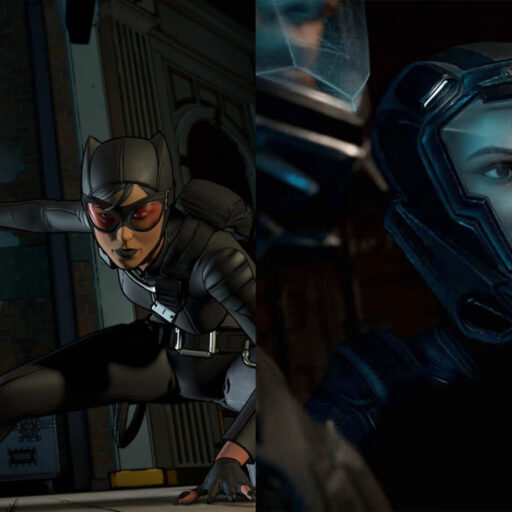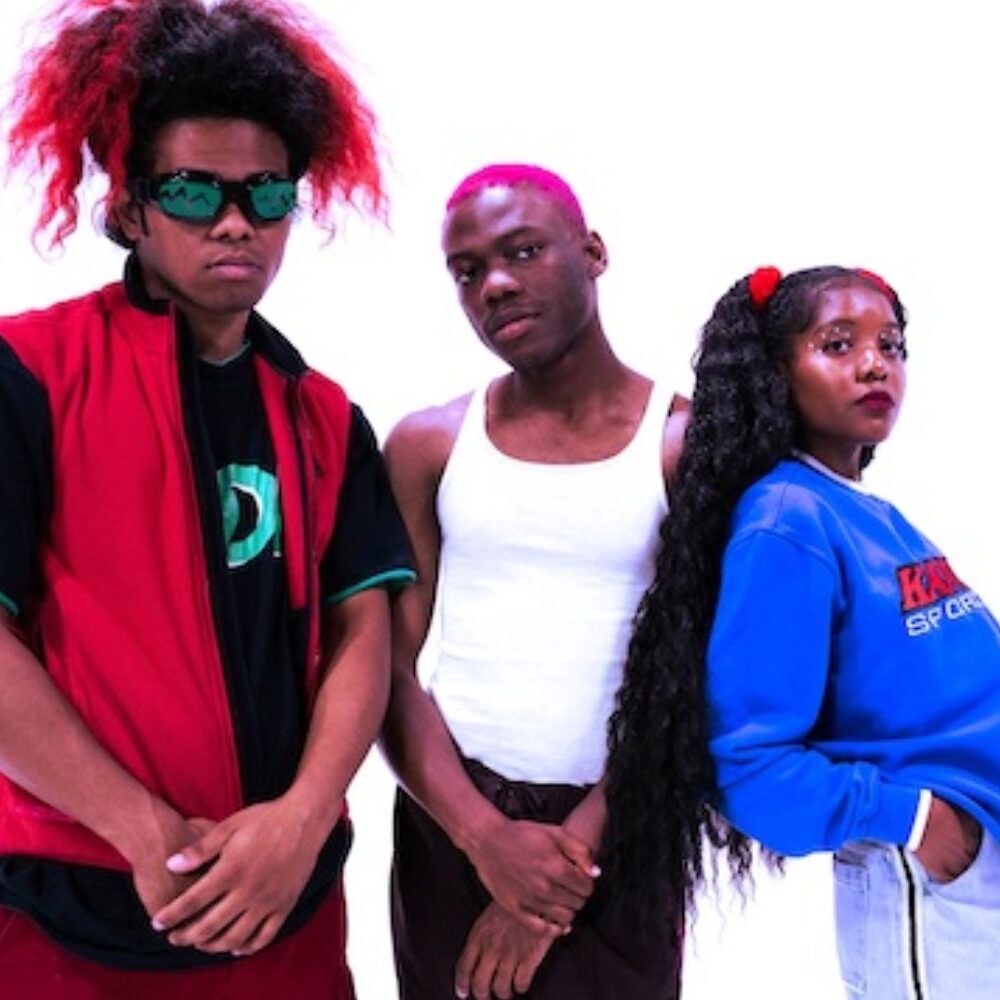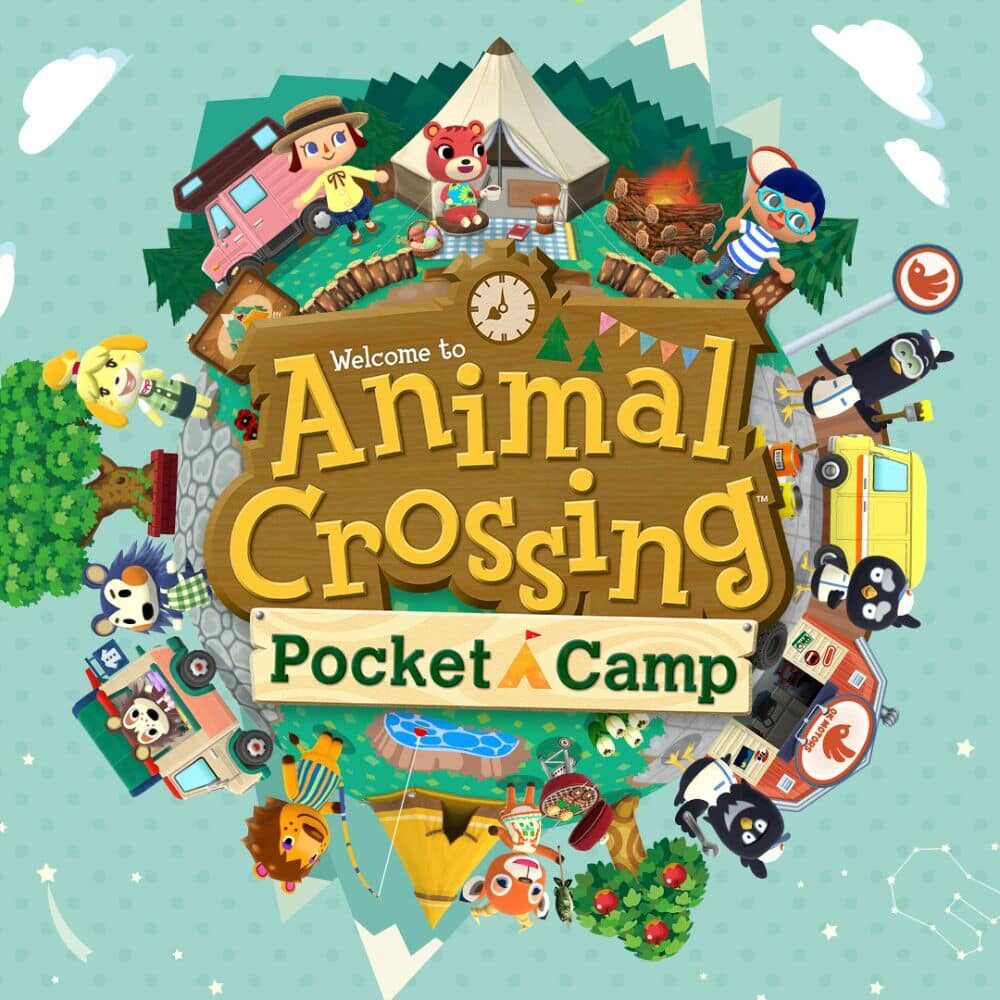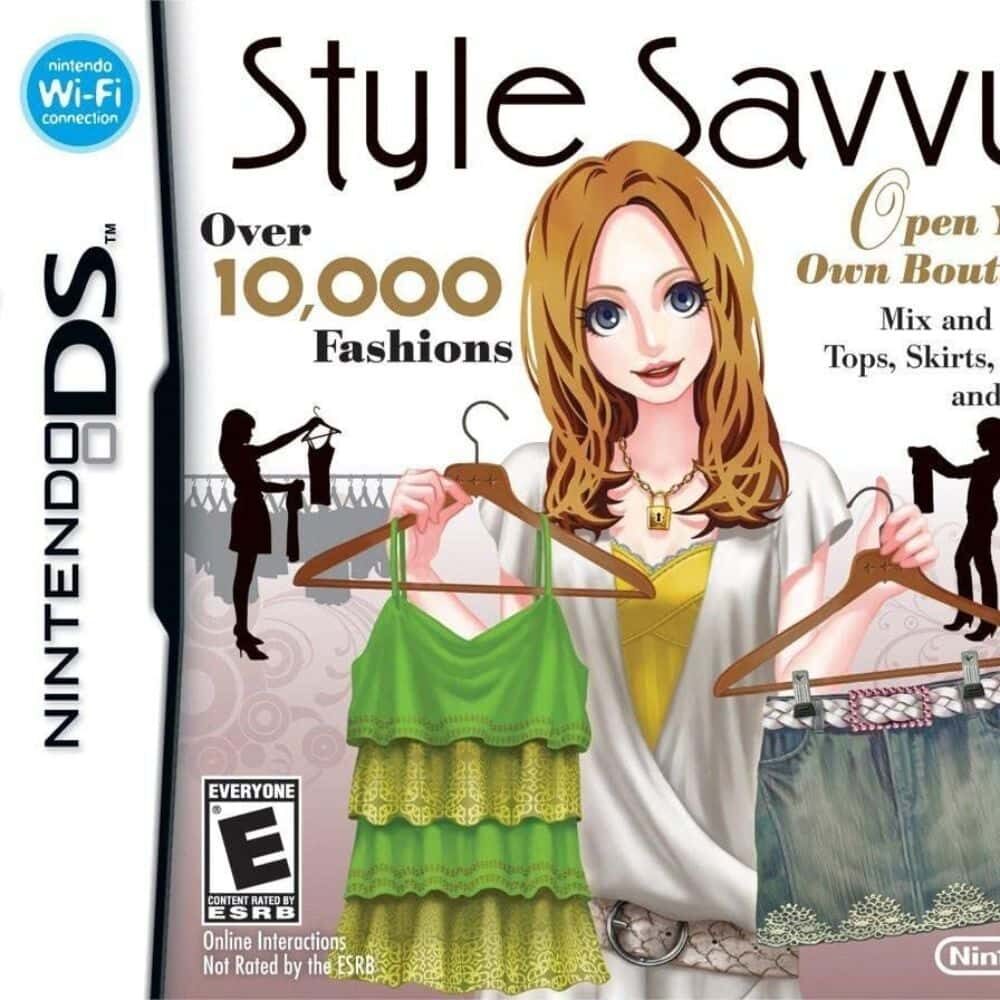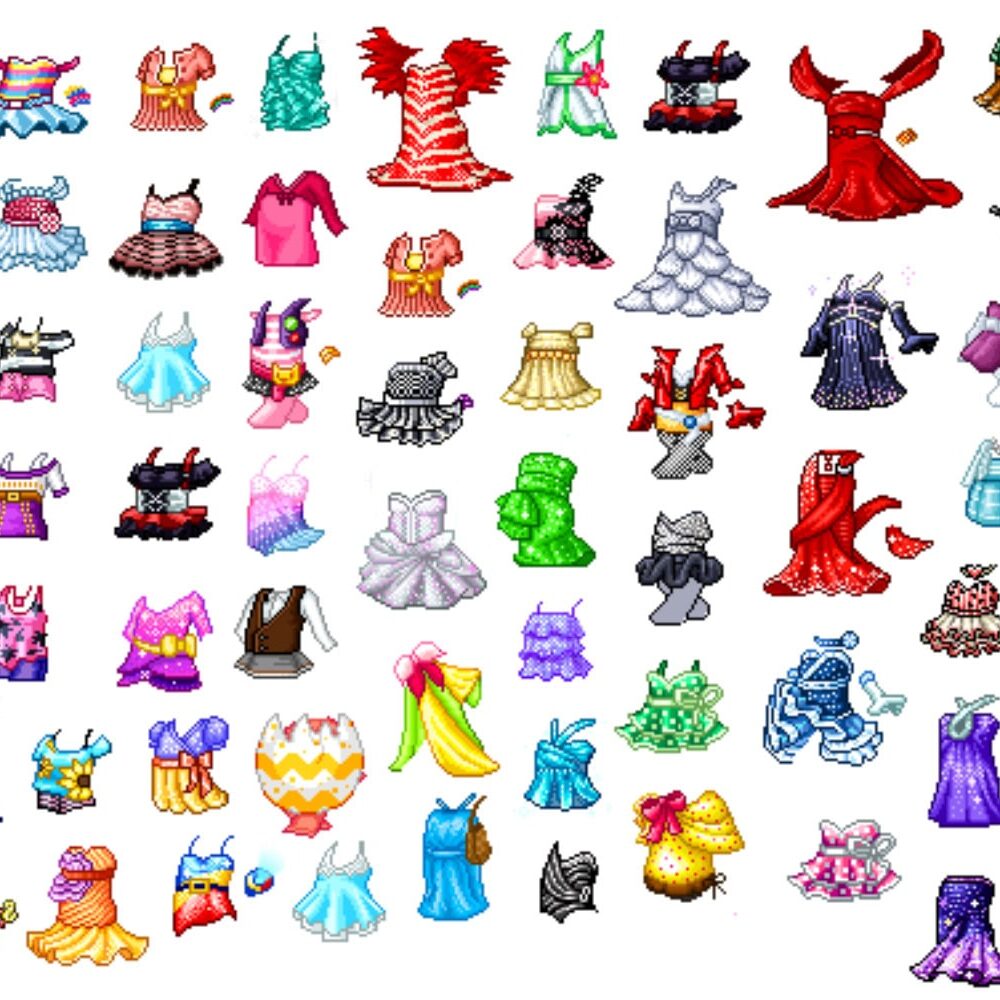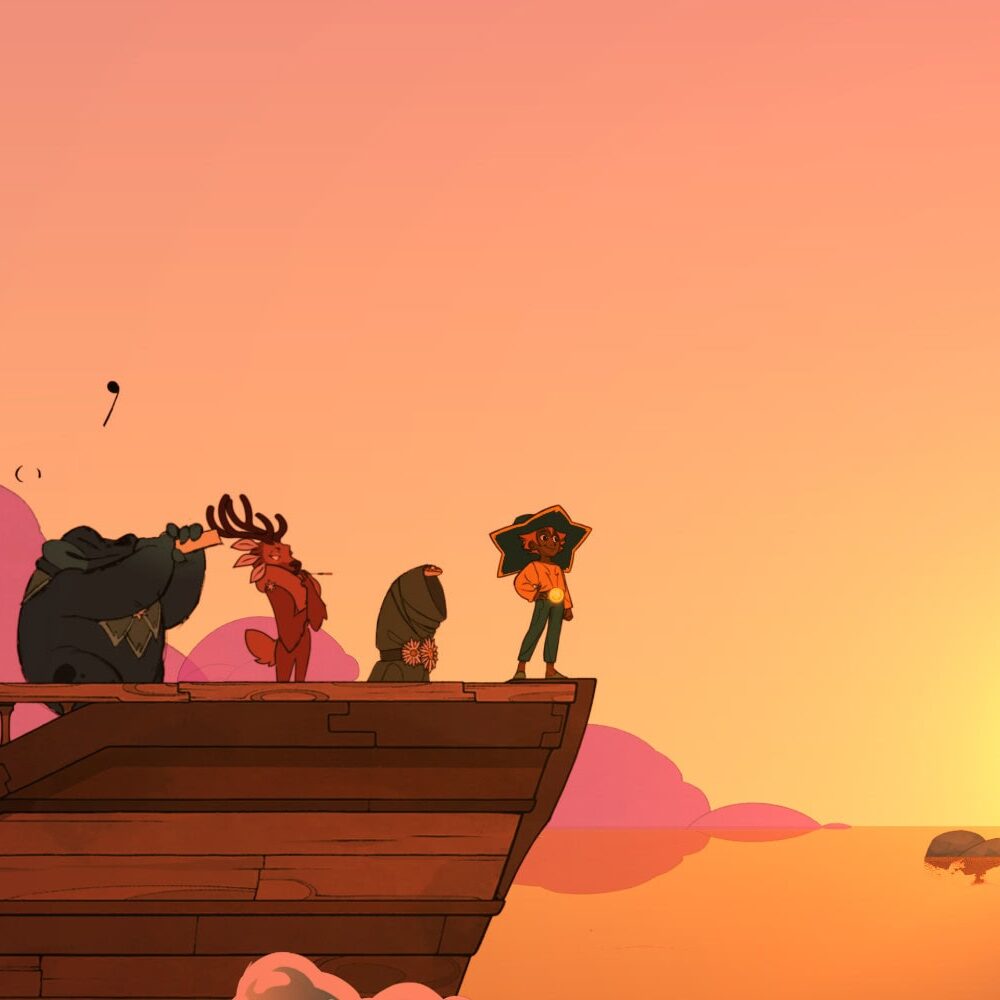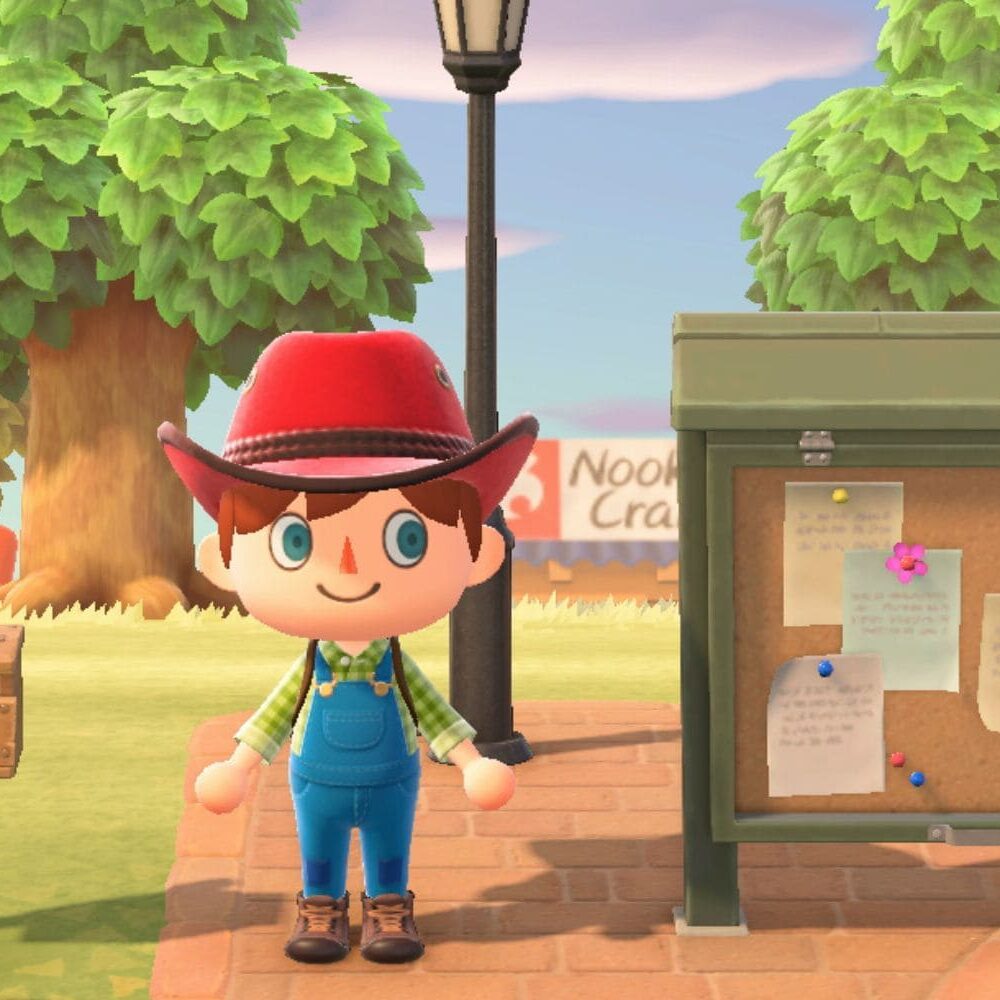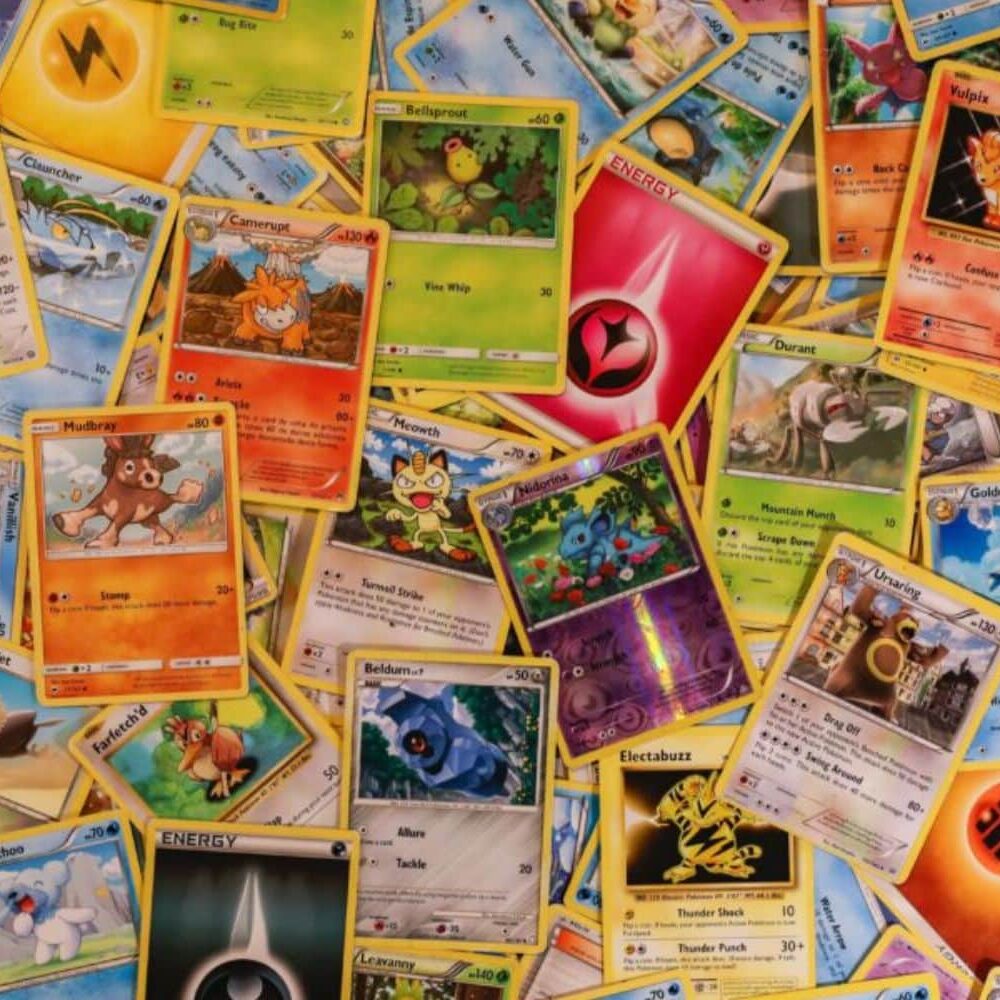An In-depth Review of The Batman Series and The Expanse
When asked by G.URL Online to review both Batman: The Telltale Series (2016), and Telltale’s newest game The Expanse (2023), I was eager to examine the rebirth of a studio that, almost overnight, nearly vanished all together. Telltale Games’ near shutdown in 2018 resulted in 90% of their staff being let go, all during the final season production on the studio’s most revered series, The Walking Dead. It was only when Robert Kirkman, one of the creators of The Walking Dead comic book and Skybound, felt it necessary to finish off the iconic series that he hired some Telltale staff to complete the final season of Clementine’s narrative. After this point, it seemed that the era of Telltale was over, but when LCG entertainment swooped in to buy the acclaimed studio, hope was renewed. But with this revival comes a question: when you replace the majority of the team behind these games, is it still the same studio?

Let’s start with their Batman series. Truthfully, this was my first Telltale game I had actually played, however, I was very familiar with the studio. I grew up with playthroughs of The Walking Dead, watching my favourite YouTubers play as Clementine as she navigates a zombie-infested world, a journey that usually resulted in tears as the player was faced with gripping choices. Like The Walking Dead and in usual Telltale fashion, Batman centres itself around decisions that impact how the game unfolds. With Batman’s comic book art style that emphasises dark lines and utilises cel shading, it was a nostalgic reminder of Telltale’s iconic look that I remembered through watching hours of The Walking Dead playthroughs. First beginning the game I was excited, but was frustratedly met by having to manually remap the controls via Steam, as the game does not have proper controller support besides for the Xbox 360. This aside, I was immediately invested in each choice laid out for me, carefully choosing with the knowledge that it would impact the story in the episodes to come. As I played I greatly enjoyed the quick-time event fight scenes, which are dynamic and at times gave me a challenge. My favourite parts came with romancing and fighting side by side with Cat Woman, aka Selena Kyle, and weirdly, reading Batman’s Codex on all the characters within the game. The Codex is written like Batman’s personal diary, giving his thoughts on the characters and his relationship with them, which I found quite entertaining. Alongside showing what other players chose at the end of each episode, the game on completion also tells you what behaviour your Batman took on via your choices, which I thought was a nice touch. It turns out my Bruce Wayne was “Compassionate”, which resulted in an image of Wayne holding flowers that looks straight out of a dating sim.
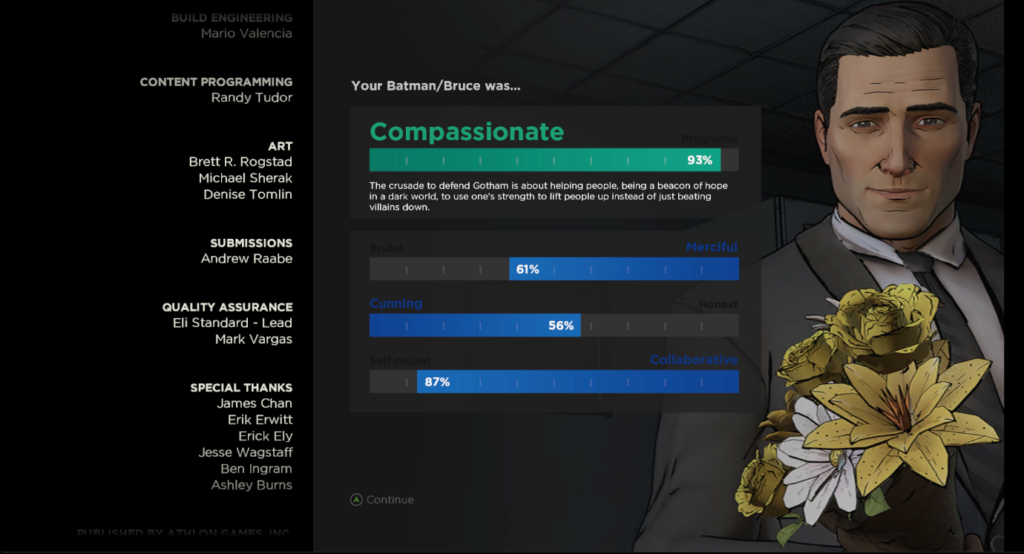
The main faults that I struggled with in Batman is in his interactions with different items. Whether you’re playing as the vigilante or Bruce Wayne, there’s a lot of things you can inspect or examine within the world in which Batman gives us nothing: no thoughts, no dialogue, he just looks at them. This left me thinking again and again, what’s the point? Additionally, although acknowledging the game is explicitly story-based, I thought the studio could’ve done more in utilizing Batman related tech or gadgets, including allowing the player to drive the Batmobile. However, where Batman falters on these aspects, Telltale’s newest instalment to their legacy, The Expanse, succeeds.
Going into the galactic world of The Expanse I had no idea what to expect, but returned pleasantly surprised. Developed with the studio that worked on Life is Strange: True Colours and Life is Strange: Before the Storm, Deck Nine, I was immediately intrigued by the game that was hailed by some as the “return” of Telltale. The Expanse is a prequel to the 2015 TV series of the same name; as someone who hasn’t watched the show, this made me wary I’d be able to be fully immersed within the world, but as soon as I started playing this was no issue. The player inhabits Camina Drummer, a scavenger aboard the Artemis ship exploring and fighting for The Belt. Cara Gee, the actress who plays Drummer in the show reprises her role in the game, and does an excellent job as a voice actress. With stunning graphics that sheds off the comic book style Telltale is so known for, the game immediately feels more realistic, and I felt a better connection to the characters that all have unique personalities and goals. But where The Expanse truly shines is in its encouragement of exploring the different areas, which are relatively open world, in order to find different items to help the characters. In this game, exploration and interacting with the world around you feels just as important as dialogue options in building stronger bonds with the characters, something that I felt Batman lacked. Of course, The Expanse still has its flaws, particularly with the salvage parts Camina finds throughout each episode which have no purpose besides a line of dialogue. As well as the fight sequences which compared to Batman, felt lacklustre, lacking the creativity and versatility Batman had. Throughout my playthrough I also felt that the smaller choices I was making didn’t matter as much in shaping the narrative, and it was only the more important choice at the end of each episode that actually made an impact. In typical Telltale manner, the game shows you at the end of each episode the decisions of others in the community, a feature that I hope will always continue in the studio’s future.
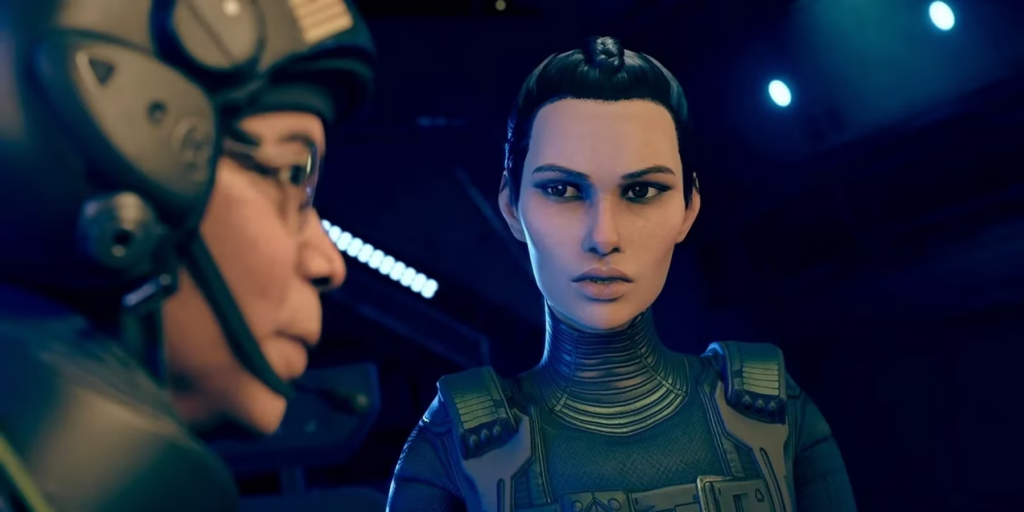
With The Expanse Telltale has definitely made some sort of comeback, but how long will it last? For me, what made The Walking Dead so popular was the attention it received online, something that The Expanse has struggled with. Upon searching online for playthroughs, I only found a couple that played through all five episodes of The Expanse, with most creators discontinuing their own playthroughs mid-way through the game, either due to their own loss of interest or a lack of viewership. The absence of excitement surrounding what is a very solid instalment for Telltale is saddening, and more coverage online could’ve helped push the studio’s resurgence as a whole. But as the credits roll and “Written and Designed by Deck Nine” pops up, I return to my earlier question, is this the same studio? In my opinion, no, but that doesn’t mean we shouldn’t support it. As long as the subtitle “The Telltale Series” is used on games of quality like The Expanse, with a passionate team of individuals working behind their narratives, Telltale’s celebrated legacy will always be upheld.
Enjoyed this story? Support independent gaming and online news by purchasing the latest issue of G.URL. Unlock exclusive content, interviews, and features that celebrate feminine creatives. Get your copy of the physical or digital magazine today!

